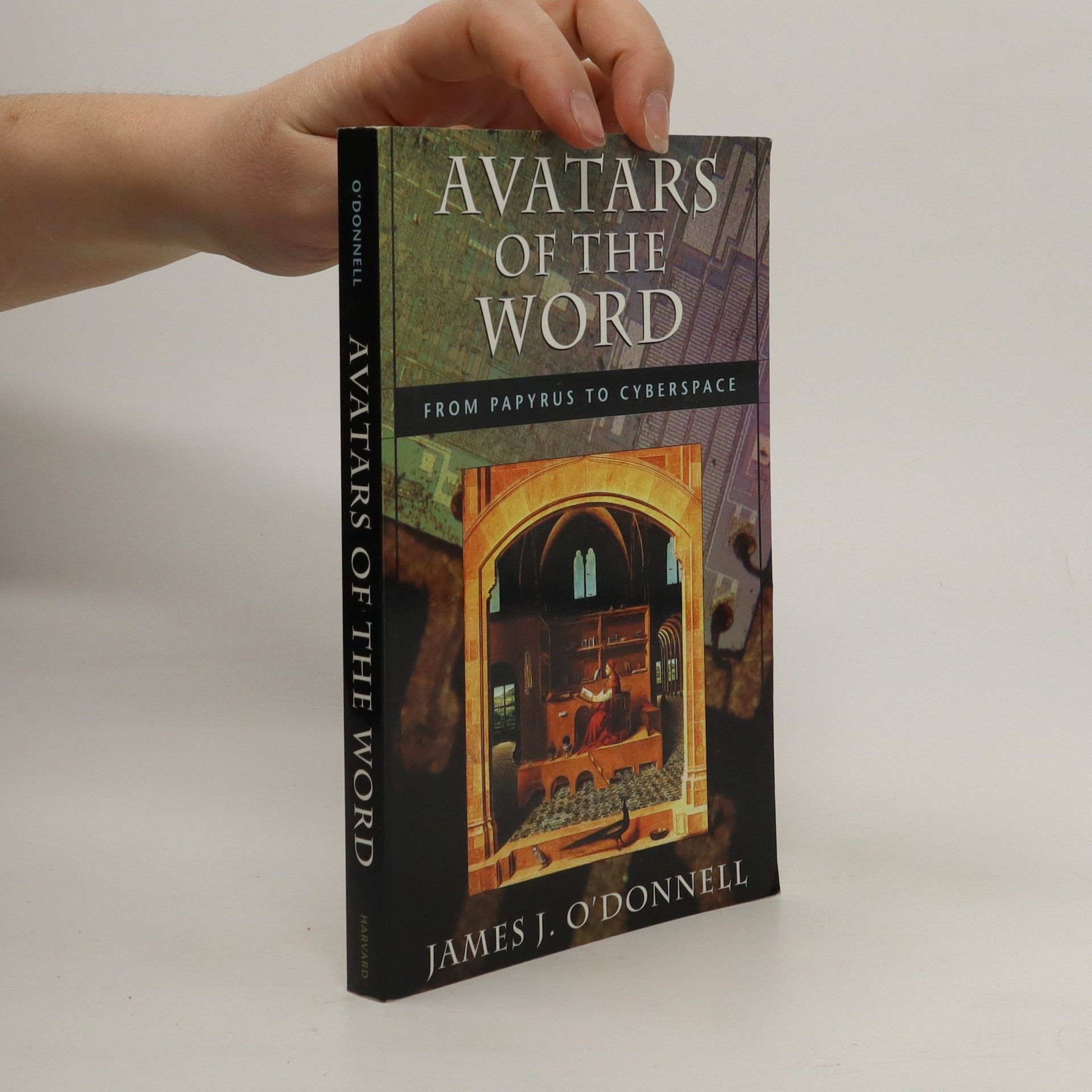Avatars of the word: from papyrus to cyberspace
- 228pages
- 8 heures de lecture
The written word has been a central bearer of culture since antiquity. But its position is now being challenged by the powerful media of electronic communication. In this penetrating and witty book James O'Donnell takes a reading on the promise and the threat of electronic technology for our literate future. In Avatars of the Word O'Donnell reinterprets today's communication revolution through a series of refracted comparisons with earlier revolutionary periods: the transition from oral to written culture, from the papyrus scroll to the codex, from copied manuscript to print. His engaging portrayals of these analogous epochal moments suggest that our steps into cyberspace are not as radical as we might think. Observing how technologies of the word have affected the shaping of culture in the past, and how technological transformation has been managed, we regain models that can help us navigate the electronic transformation now underway. Concluding with a focus on the need to rethink the modern university, O'Donnell specifically addresses learning and teaching in the humanities, proposing ways to seek the greatest benefit from electronic technologies while steering clear of their potential pitfalls.

